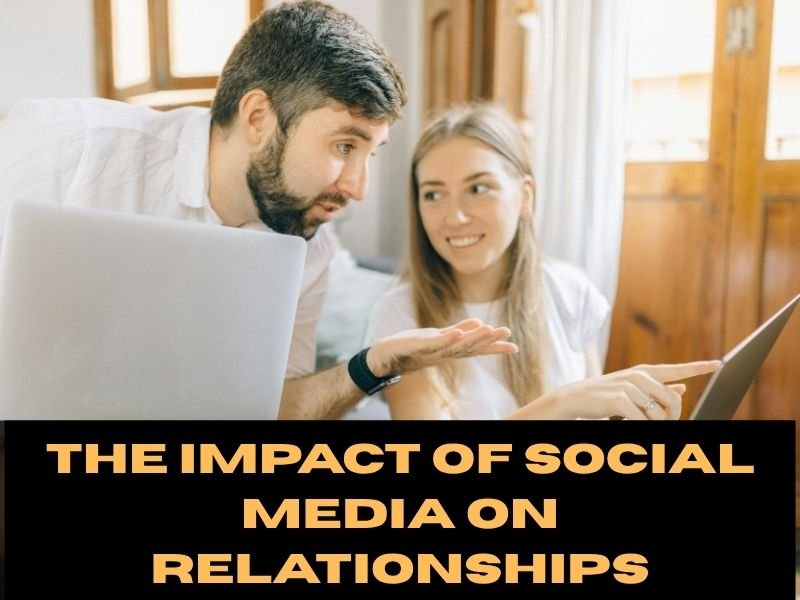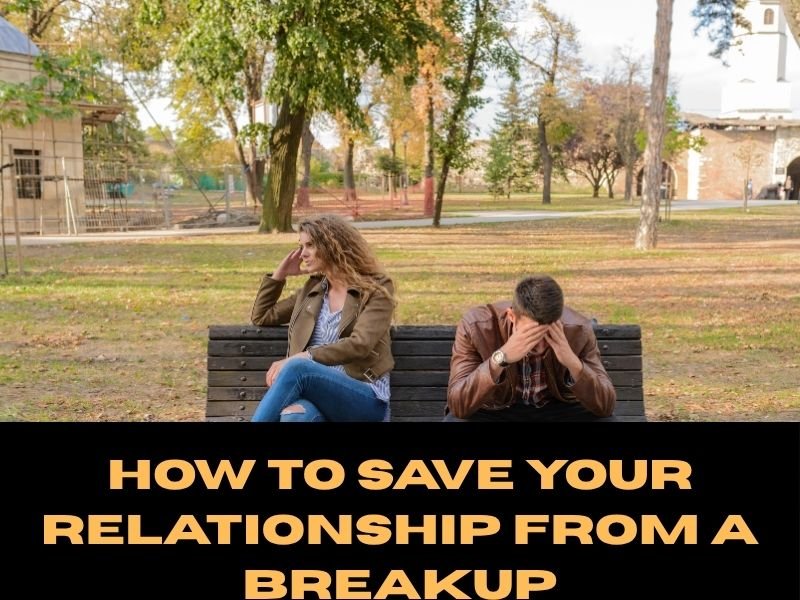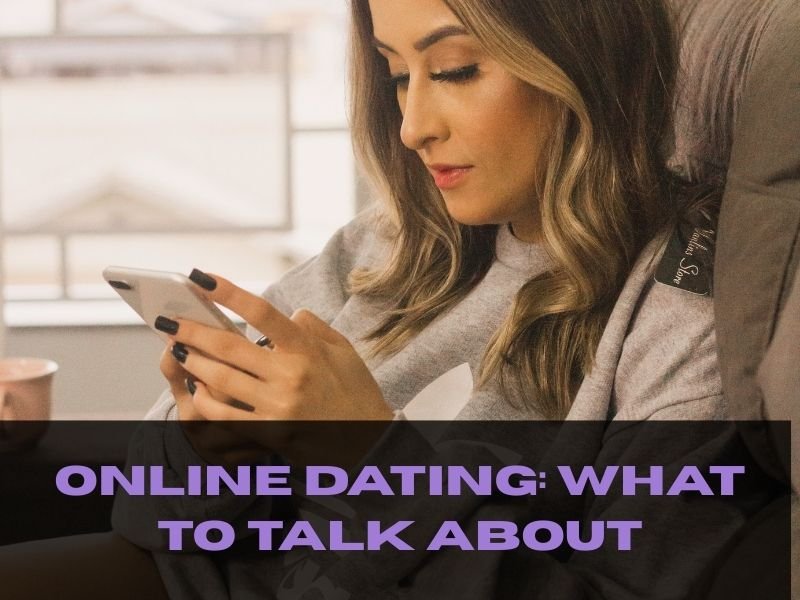Love has always adapted to the trends of the times, and in our current era, social media is the new stage where most relationships start, are built, tested, and sometimes unraveled. Therefore, whether you are in Los Angeles or London, posting an anniversary photo, sending a meme to someone saying “I’m thinking of you,” or scrolling through your partner’s likes has become part of modern romance. For couples today, especially those involved in long-distance or hybrid digital relationships, social media platforms like Instagram, TikTok, and WhatsApp serve as emotional lifelines. But they can also be double-edged swords, introducing confusion, jealousy, and pressure to curate a “perfect” love life online.
This trendy digital shift has made communication constant, but emotional presence inconsistent. While we are more reachable than ever, we sometimes get even more distracted, comparing our real-life relationships with carefully filtered love stories on our social media feeds. The line between genuine connection and digital performance is getting thinner, and couples are beginning to feel the emotional weight of this. In this article, we will be exploring eight real-life effects of social media on modern relationships, which will help offer grounded, practical ways to navigate love in a world that’s always online.
1. Hyper-Connectivity vs. Emotional Presence
Social media has offered us a world where couples are constantly connected, either through text, tags, likes, and DMs. You can swiftly check in, send a quick emoji, or share a funny reel in seconds, making it feel like you are always together at all times. But this instant communication often masks a deeper issue: the absence of true emotional presence. Being digitally available 24/7 can create the false illusion of closeness while emotional depth quietly dies off. Many partners confuse frequent updates with close intimacy, yet they tend to miss opportunities for eye contact, vulnerable conversation, or undivided attention in the real world.
A couple might be texting all day, but when they finally get to sit together in person, their focus drifts unconsciously to their phones instead of having emotion-filled conversations with each other. This constant ping of connection can lead to what psychologists refer to as “continuous partial attention,” a concept: you are never fully offline, but never fully present either. Over time, this continuous act weakens the bond, making love feel routine or hollow despite the constant digital touchpoints. It’s pertinent to understand this; it is not the frequency of messages that matters, but the depth and intention behind them. True connection still requires presence, something the social media space can’t replicate.
2. Highlight Reels and Unrealistic Relationship Expectations
Social media platform users tend to showcase the best moments of their lives, beautiful romantic vacations, anniversary surprises, or carefully curated couple photos. While these posts can be all sweet and most of the time inspiring, they also set a dangerous standard for others. Many individuals begin to compare their relationships to these polished highlight reels, forgetting that real relationships include conflicts, boredom, and imperfect days. Over time, this influenced comparison can lead to dissatisfaction, envy, or the belief that something is wrong simply because your relationship isn’t always “Instagram-worthy.”
In the UK and US, where influencer culture is particularly strong, many couples with that mindset fall into the trap of performing their relationship for online validation. Instead of enjoying a spontaneous moment together, they might pause in order to position their camera to capture the perfect angle, filter the image, and wait for likes and an inflow of comments. This pursuit of perfection can distort what a real, healthy relationship looks like and push partners to focus more on appearance than substance. Love is not a performance; it is not for show; however, it is built in private moments, in silence, and even in conflict. Place this at the front of your consciousness; no amount of curated content can replace the power of authenticity.
3. Digital Jealousy and Relationship Surveillance
In today’s world of hyper-connectedness, digital jealousy has become a common and often toxic side effect of social media in relationships. The ease of accessing your partner’s online interactions, such as likes, comments, and follows, can lead to obsessive behaviors, scrolling through their followers list or decoding emoji use on posts. This kind of behavior isn’t just emotionally draining; it can be a ground that fosters mistrust and breeds accusations based on assumptions rather than facts. Constant surveillance erodes the space needed for individual autonomy and privacy, both essential elements of a healthy bond.
In this era of social media investigations, many individuals admit to checking their partner’s online activity more than they communicate their feelings openly. This passive monitoring replaces honest dialogue with silent suspicion amongst couples in relationships. For instance, feeling uneasy because your partner follows their ex on Instagram or likes another person’s selfie is a frequent source of arguments among modern-day couples. When digital insecurity takes over, it undermines the very foundation of connection: trust. To build lasting love, partners must learn to communicate openly and set clear and precise boundaries, not just stalk each other online.
4. Reduced Quality Time and Emotional Disconnection
When couples prioritize screentime over shared moments, we notice that emotional closeness begins to fade. Social media often interrupts our dinner conversations, intimate evenings, or weekend outings with constant pings, scrolling, and silent distractions. Over time, these partners may start to feel neglected or emotionally distant in their relationship, not because the love is gone, but because connection is no longer nurtured and valued in real time. The emotional warmth that comes from undivided attention cannot be replaced by digital presence, no matter how many emojis or snaps are exchanged.
In many households of today’s world, it’s now common to see partners sitting beside each other in silence, both glued to their phones, texting, watching reels, and even stalking their partners. This erosion of presence chips away at the intimacy that relationships are supposed to thrive on. Emotional disconnection often goes unnoticed until it causes resentment, loneliness, or even a sense of being turned to “roommates” instead of lovers as it was meant to be. In order to preserve closeness, couples must reclaim quality time; this can happen through offline rituals like device-free dinners or nightly conversations that foster true connection beyond the screen.
5. Unrealistic Standards and Self-Esteem Issues
Social media platforms often showcase well-curated highlights of people’s lives, perfect dates, flawless selfies, luxury vacations, getaways, and seemingly blissful relationships. While these posts may appear harmless, they subtly plant seeds of comparison and inadequacy in the minds of some couples. They may begin to measure their real-life relationships against these picture-perfect illusions, leading to dissatisfaction, envy, or pressure to “perform” happiness online. Over time, these unrealistic pressured standards can create emotional strain, where partners feel they must meet social media’s definition of romance rather than nurturing their unique authenticity.
In the USA and UK, especially, where digital culture heavily influences lifestyle and perception, many individuals admit to feeling “less than” when comparing their relationships to online filtered couples. This constant comparison can lower self-esteem and breed resentment between partners. Instead of chasing curated fantasies, couples who want to build a real, happy relationship should focus on real-world experiences, mutual growth, and vulnerability, the foundation of genuine love, not build their happiness around likes or follows.
6. Miscommunication and the Loss of Nonverbal Cues
Text messages and comments can never fully replace the warmth of face-to-face interactions. On social media, tone often gets lost in translation. A harmless message like “sure” can come across as passive-aggressive, cold, or even dismissive, when in reality, it might have meant genuine agreement. Couples often fall into arguments over misunderstood texts, emojis used not in context, or jokes that don’t land the same way without a smile or a chuckle to back them up.
Just imagine texting your partner, “I guess you’re busy again,” after they don’t respond quickly. To you, it might feel like a casual nudge, but to them, it reads like a guilt-trip. These digital misfires will only build emotional distance over time in relationships with couples. That’s why it is important not to let your phone become the primary tool of communication. Voice notes, video calls, or simply saying “can we talk?” in person or on a call helps bring back the nuance that social media strips away from us. No app can mimic the power of real-life connection.
7. Balancing Online and Offline Intimacy
In the current digital age, maintaining intimacy requires more than just exchanging messages or tagging each other in memes. While social media helps couples stay in touch, especially in long-distance relationships, it can also subtly replace real-world connections. Too much time on the screen, even if it involves your partner, can reduce the depth of emotional presence and physical closeness. Love needs moments of silence, eye contact, shared experiences, and unfiltered vulnerability, none of which can be fully captured through a screen.
Take, for example, a couple who text all day but barely talk when they’re together. It might feel like they’re connected, but emotional distance can grow in that silence. Balancing online and offline intimacy will help in creating boundaries, like no phones at dinner, dedicated tech-free weekends, or simply making space for uninterrupted conversations. True closeness is not just built on how many snaps you send, but on how emotionally safe and seen your partner feels in your physical presence.
8. How to Navigate Love in the Digital Era: Managing the Impact of Social Media on Relationships
Successfully navigating modern love simply means becoming aware of the real impact of social media on relationships and always being intentional about how it shapes your connection. Couples must recognize that not every digital interaction contributes positively to their relationships. When used mindlessly, social media can increase comparison, sow distrust amongst lovers, or create communication gaps. But with awareness, it can also enhance emotional closeness and help partners stay engaged with each other’s lives.
Setting shared boundaries around usage, such as not checking phones during quality time or agreeing on what’s appropriate to share online, can prevent future conflicts. Practicing digital empathy, avoiding vague or passive-aggressive posts, and appreciating and prioritizing face-to-face connection over virtual displays of affection can create a deeper, more grounded bond. Love in the digital age requires more than just connection; it requires intentionality, respect, and emotional responsibility in both digital and real-world spaces.
Conclusion
The impact of social media on relationships is neither wholly positive nor entirely negative; it is nuanced, personal, and deeply dependent on how individuals and couples involved choose to engage with it. While digital platforms can foster connection, intimacy, and shared experiences across distances, they can also introduce unnecessary distractions, misunderstandings, and emotional distance if left unchecked. Love in the digital age demands that we rethink how we communicate, express affection, and maintain trust.
Holistically, healthy relationships in a social media-driven world come down to intention, transparency, and mutual understanding. Whether it’s limiting screen time during date nights or having open conversations about each other’s online behavior, every small and intentional effort counts toward strengthening your bond. In a time where digital noise is constant, the couples who thrive are those who prioritize clarity over confusion, connection over comparison, and presence over performance. Social media may be here to stay, but love, real, grounded, human love will always remain timeless.







